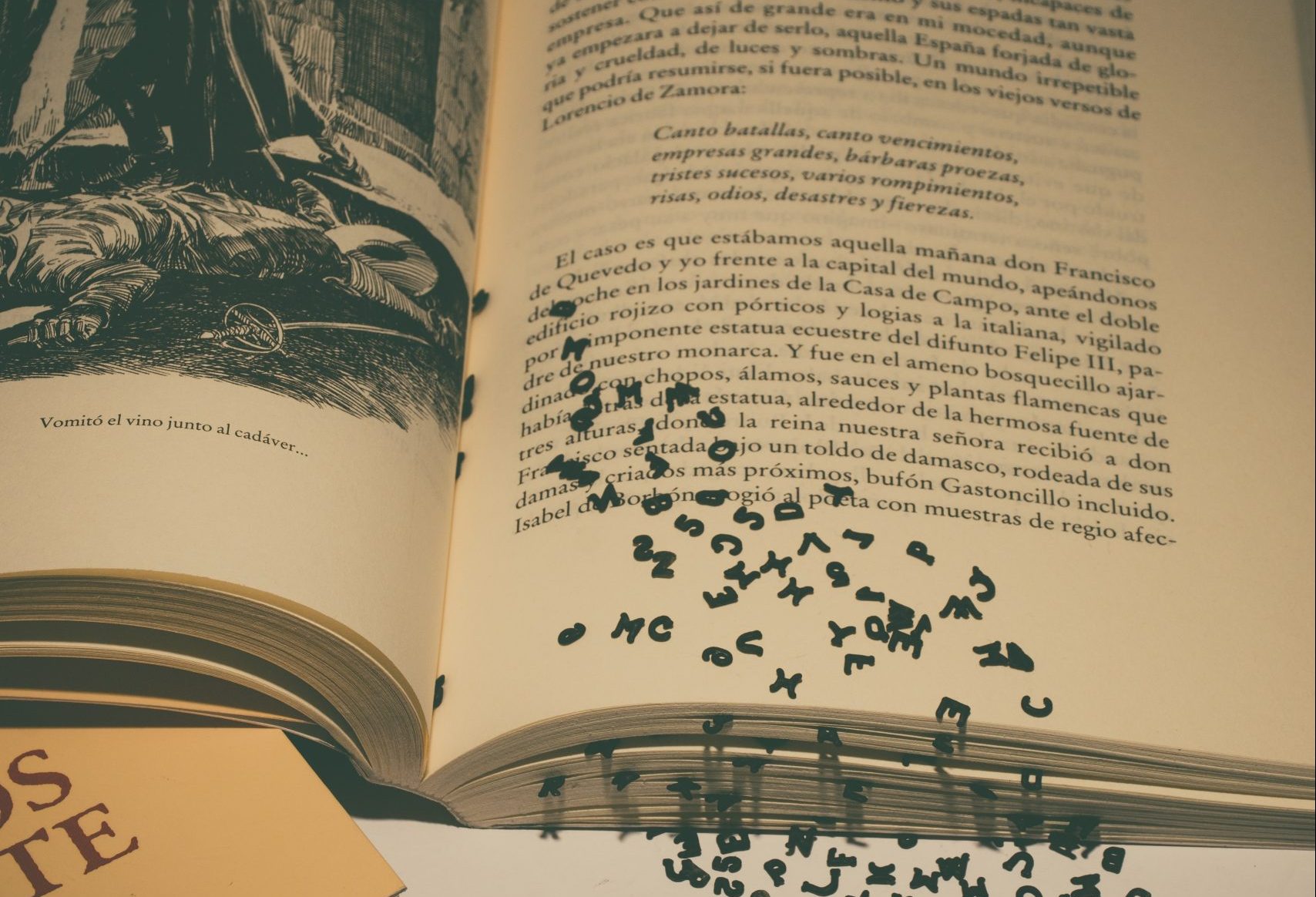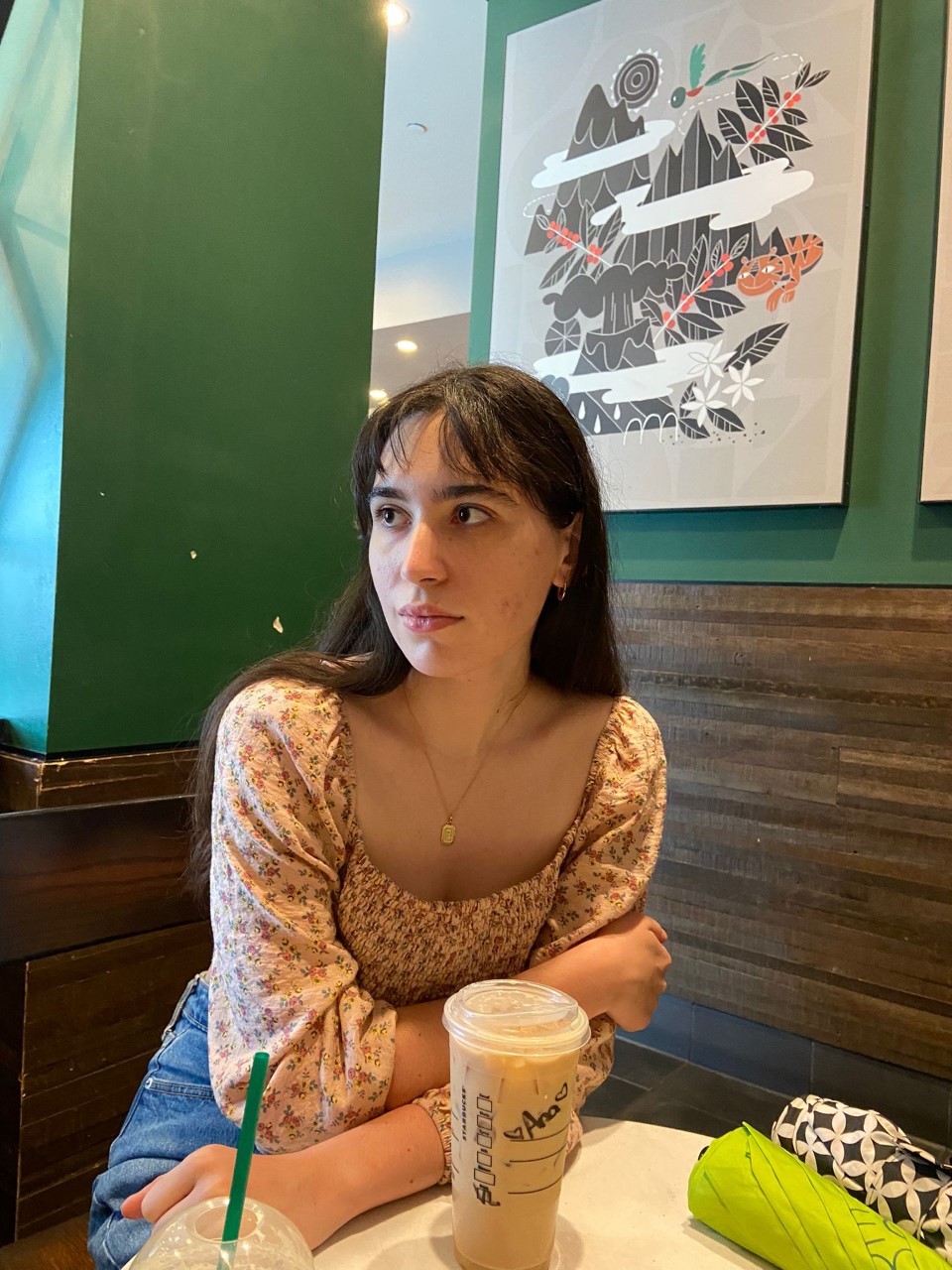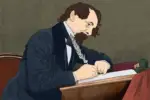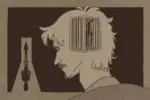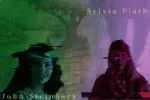The titles that people associate with classic literature are often those that students are assigned to read in their classes. There is no scarcity of jokes about the number of “dead white guys” that fill syllabi in American English classes. In other words, classic literature lacks diversity.
There is no set list of classics, as the literary canon is defined by what the public agrees upon. Unfortunately, the American education system exposes its students to very few works. Classic literature earns the impression of being an elitist interest.
This is as much of a disservice to the reader as it is to the authors whose works go unacknowledged.
My own high school English class dedicated a month-long unit to minority writers. We each picked a novel to read and wrote a book report on the topic. The books the teacher set out on the table for us to select from included Maya Angelou’s “I Know Why the Caged Bird Sings,” Ralph Ellison’s “Invisible Man” and Zora Neale Hurston’s “Their Eyes Were Watching God.”
I read more Black writers in a class on minority literature. We studied the works of Langston Hughes, Toni Morrison and Tayari Jones. Every student was assigned a writer whose work they had to read and then analyze in an essay. The professor randomly assigned each student to a writer from a copy of a book called “Manteca!” Line by line, he read off names in the anthology of Afro-Latino poets. Maria Teresa “Mariposa” Fernadez was the poet assigned to me.
Later in the semester, we focused on Latino writers. I remember thinking it was strange that even at a Puerto Rican university, a student had to take a separate class in order to study Black and Latino literature. To expand my reading even further, I took a class on Japanese literature the following semester; once again, I needed to take a separate class in order to study literature that was representative of another culture. Clearly, one class is not enough for a student to become familiar with such a diverse reading list.
The absence of diversity in reading lists across America has had a devastating effect on the population’s understanding of classic literature. If people were asked to name a classic writer, what would be the average answer? Would the typical answer go beyond the same few names that are most commonly used in classrooms as examples of truly great, influential literature?
Essentially, the more marginalized identities a writer has, the less their works are studied. It’s a shame, because the limited perception of what classic literature can be and who it is for makes literature inaccessible. When students are unable to see themselves represented in classic literature, they may believe that stories about people like them are not worth writing, or have contributed very little to history or culture. How many great writers are lost because they believe no one will read their works?
Of course, many agree that representation matters, but putting a more diverse reading list into practice can offer a challenge to readers who simply don’t know where to begin. However, there are many options available for readers who wish to expand their reading list.
Community Resources
A library card is a vital tool for any reader. Moreover, a trip to the local library is the first step toward a deeper appreciation of classic literature. Libraries have specific sections marked off that make navigating the titles on the shelves much easier. Try walking down such an aisle to see what you come across. Librarians are extremely knowledgable on the world of books and can supply you with additional resources to help you in your mission. You could simply ask what they recommend, or be more specific and see what types of literature they offer.
Literary Travel
Every nation regards their own unique collection of works as classic literature. Begin reading classic works of a country you find interesting. Doing so will not only allow you to familiarize yourself with the nation’s history, customs and way of life but will also expose you to a different style of writing.
Reach Out
Talk to other readers. Form a reading group and make it a goal to prioritize a more expansive conception of classic literature. Connecting with other readers will allow you to swap recommendations, provide a forum of discussion and foster a community of reading.


